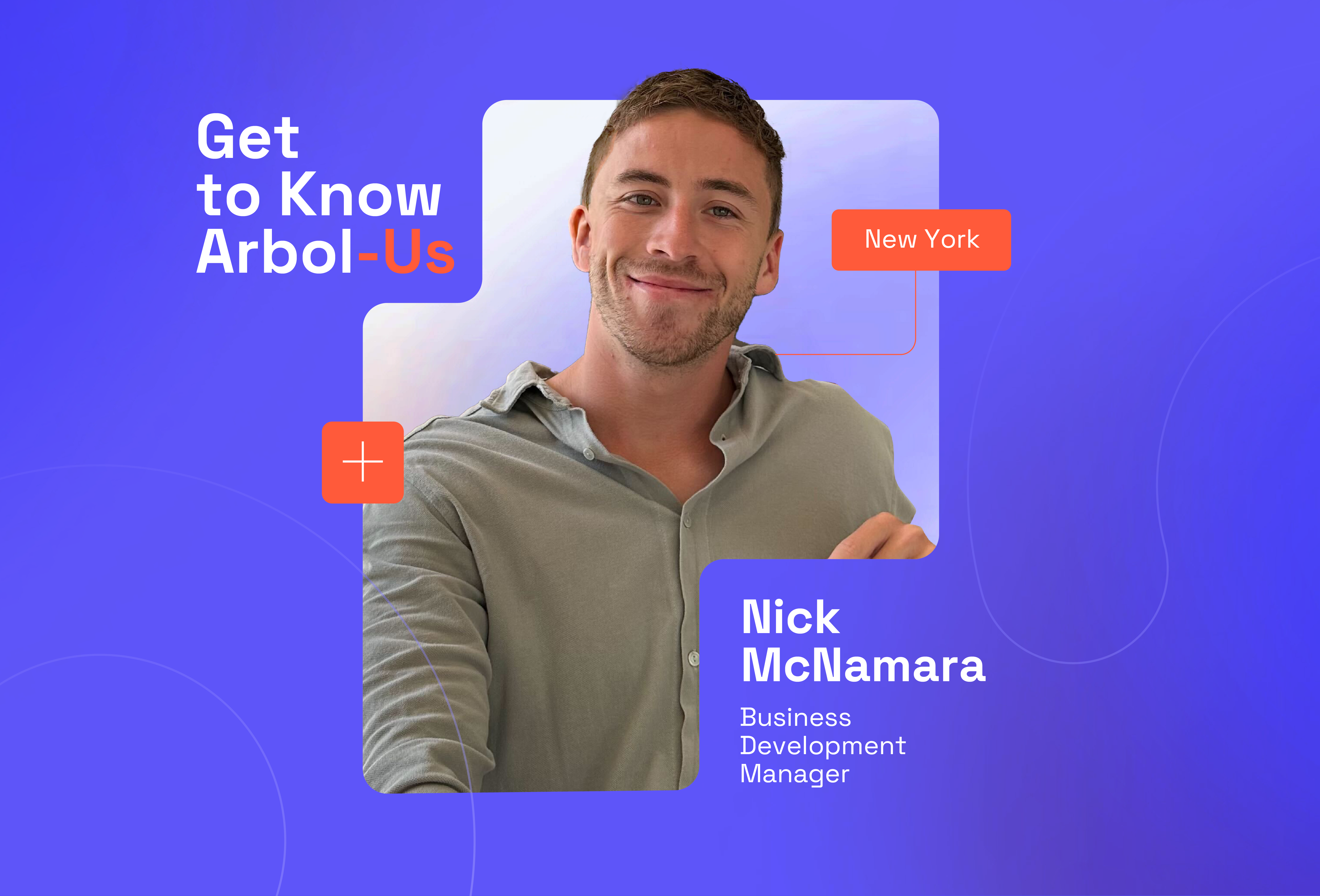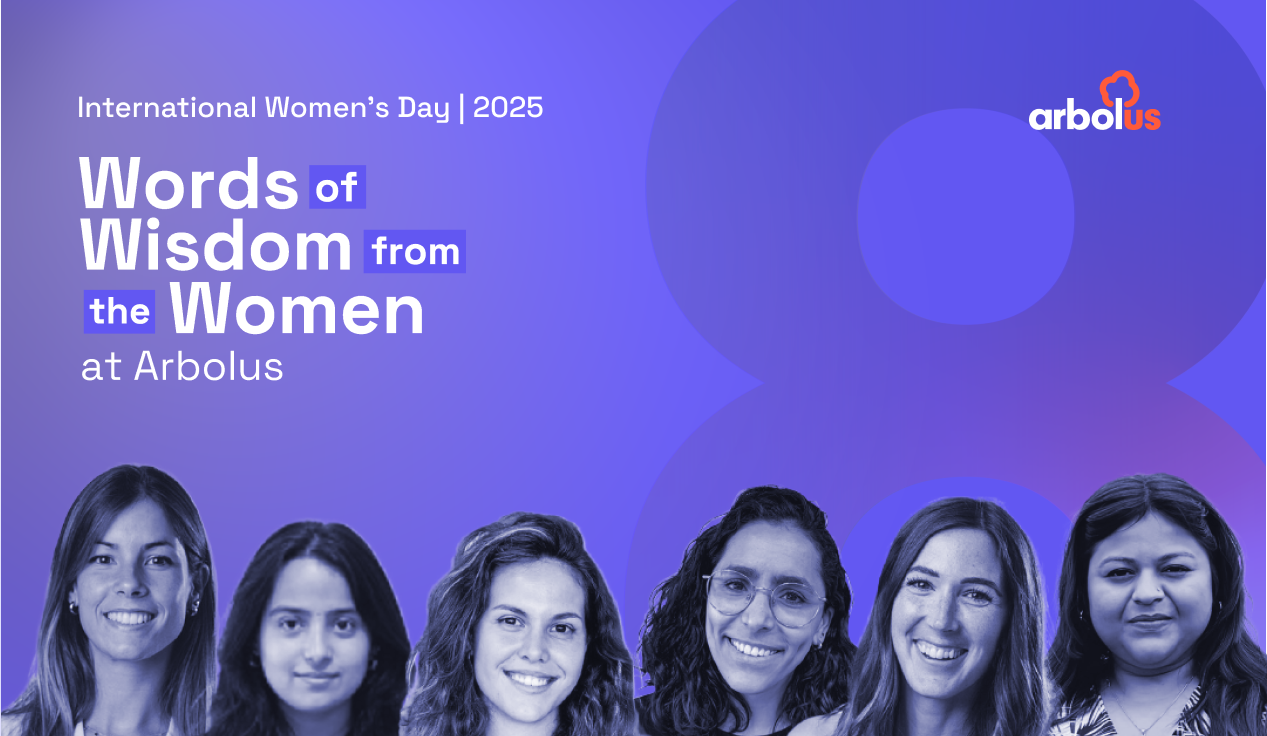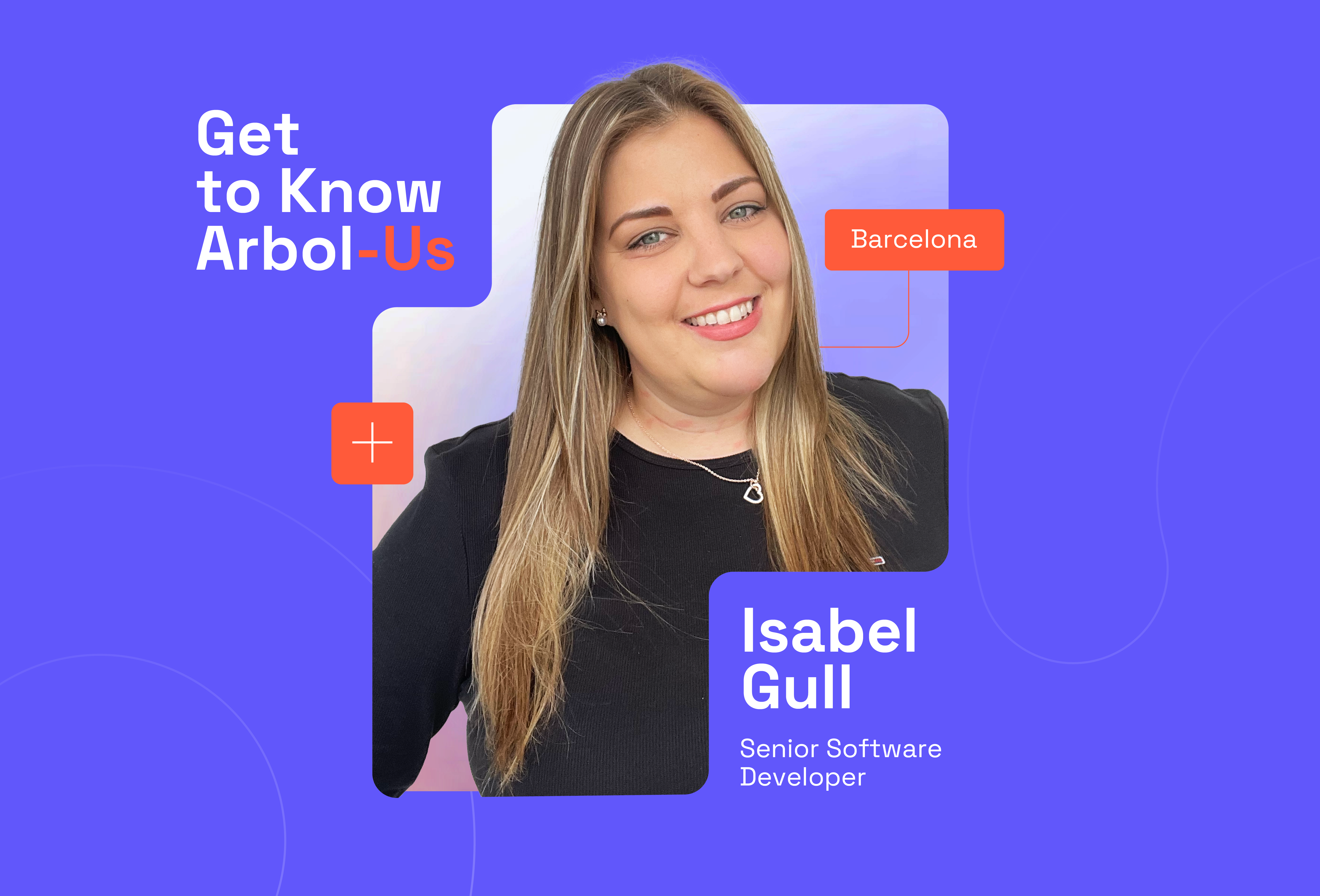With global healthcare resources under more strain than ever before, we decided to take a look at how the Internet of Things can help.
What is the Internet of Things?
In recent years, the Internet of Things (IoT) has begun to impact our everyday lives more and more in both unexpected and exciting ways. In its simplest definition, IoT encompasses everything that is connected to the internet, but it is commonly used to define objects that “talk” to each other. From smart watches, to phone apps that let you control features of your home remotely, billions of physical devices around the globe are now connected to the internet, simultaneously connecting and sharing information in real time.
This trend is becoming more and more prominent due to the arrival of cheap computer chips and the proliferation of wireless networks, meaning that it is now possible to turn almost anything into part of the IoT. We may not even be aware how such technologies impact our daily lives, such as small sensors on trucks, tracking the delivery of your next online purchase, when your taxi will arrive, to technology on machinery proactively assessing when maintenance is due, and completing such work, before a fault ever occurs. By connecting various devices and adding sensors to them, devices that would otherwise be dumb create new dimensions of data and intelligence which can be communicated real-time, without involving any human beings.
IoT in Healthcare: Making a Difference
IoT is not just seen in complex automotive design and manufacturing, we can see it revolutionising almost every industry and healthcare is no exception. We can aptly observe how far IoT has come in just a few years when we look at this sector. Thanks to advanced connectivity options, doctors can now treat patients far more efficiently, not only reducing costs but also improving quality of care.
Patients themselves can take a more active role in providing information that may assist their doctors. For example, data from wearable devices like Fitbits, can provide healthcare professionals with a far more accurate picture of a patient’s physical activity than was previously possible. Wearable IoT devices are not limited to fitness trackers as we are also seeing connected blood glucose monitors or even “smart inhalers” which measure accurate doses, notify patients when to use the device, and even track environmental conditions.
We are becoming increasingly able to take control of our own health. By giving patients the ability to track and manage their illnesses, IoT devices have been shown to encourage better medication adherence and general improvements across the board. Keeping healthcare professionals more informed of our progress also leads to better outcomes as well as reduced medical costs, oftentimes minimising the need for face to face visits.

Another area where IoT has been widely adopted is inventory management. This has been used in retail settings for some years and now is being seen to be quite useful in the pharmaceuticals space too. The availability of drugs can be closely monitored without needing a human to count the available units. The utility of this technology in the context of healthcare products that are in high demand (e.g. Covid-19 vaccines), is not hard to imagine. Everything from blood and plasma usage to everyday medical supplies, can now be efficiently tracked by sensors and ensure that all inventory is accurately accounted for and stocks are sufficient.
What does this mean?
With both Covid-19 and an ageing population stretching healthcare resources more than ever before, the IoT offers a way of delivering more focussed and effective healthcare services at a lower cost. The use of sensors, tags and smart devices means that resources are monitored and allocated efficiently and appropriately. Most importantly though allows for more detailed insights into our health and enables healthcare professionals to make more informed decisions which will ultimately save lives.
To learn more about the IoT, recent developments and key players in the space, click here.
Sarah White
Sarah joined Arbolus' Barcelona office in 2021. She studied Business and German at Trinity College Dublin, for which she spent a year living in Austria.
View on LinkedIn
About Arbolus
Arbolus is a knowledge-sharing platform investors and consultants use to collect more insights from the best experts, in less time.
Get in touch to find out more




